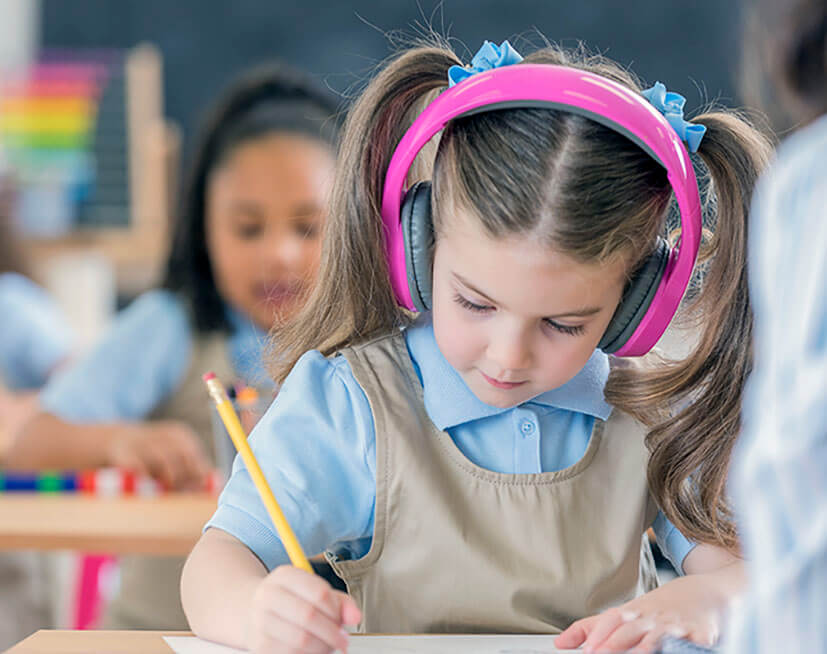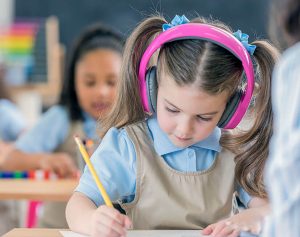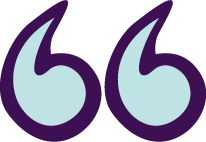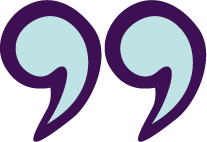An Individual Education Plan documents your child’s learning goals and the supports needed to achieve them.
One of the main tasks of the Student Support Group is to put together your child’s Individual Education Plan (IEP). It includes your child’s learning goals, skills, strengths, needs and progress. The plan also explains what supports your child needs to help them achieve their learning goals. These are called reasonable adjustments.
Keep in mind that adjustments are not only about your child’s academic learning. They can also support your child’s development, behaviour, personal and medical care, participation in activities and social inclusion.
What will the plan look like?
There is no one-size-fits-all plan because every child is different. It will depend on your child’s individual needs and must be flexible enough to allow for changes. The school might have their own format or template but it should be customised for your child.
When putting the plan together, think about:
- Your child’s interests
- What the school needs to know about their disability
- Skills your child is working on
- Ways of teaching or giving information that help your child
- Things your child is good at and feels confident about
- Things your child might need help with
- What helps your child to focus and feel comfortable at school
- Things that your child finds stressful or hard
- What can help if your child is stressed or upset
- Any other information you think could be useful for the school to know
What to include in the plan
The plan focuses on your child’s education and should include specific learning goals. The plan also includes what supports your child needs to help them achieve their learning goals. These are called reasonable adjustments.
Your child’s Individual Education Plan should include:
- What the learning goal is
- What will be done to work towards the goal
- Who will do that work
- When it will be done
- What resources are needed to achieve the goal and how they will be used
The first step is to have a good understanding of your child’s strengths and ‘entry-level’ skills. This comes from:
- Information you provide about your child
- Reports from professionals or assessments
- The school’s own assessments
You need to know your child’s entry-level skills so that you can choose achievable goals and measure your child’s progress from year to year.
Who contributes to the plan?
Your child has the right to participate in all school activities and their Individual Education Plan should support this. That’s why it’s important to involve specialist teachers (in primary school) and all subject teachers (in secondary school) in planning. They can be invited to Student Support Group meetings or asked to give input into the plan.
You know your child best, and you can help other members of the group to understand your child’s strengths, needs and interests. As your child gets older, they can also have a say in setting their own learning goals.
Putting the plan into action
Your child’s plan might include strategies for teachers and support staff, and for you to do at home. It might also be of interest to your child’s therapists or other services involved with your child and family.
The Student Support Group should agree on the best way to share your child’s Individual Education Plan with all of your child’s teachers and staff. It’s important that everyone involved in your child’s learning is consistent and has the same approach to supporting your child.
There may be some parts of your child’s care or wellbeing that only need to be shared with those people directly involved. Your right to privacy must be respected at all times. Good planning will identify who needs to know what, and how this can be communicated.
Updating the plan
Your child’s Individual Education Plan should be updated regularly in response to your child’s needs and progress. Think of the plan as a ‘living document’ that reflects the changing needs of your child as they make their education journey.
Additional plans for different areas of need
If your child has significant needs for behaviour, medical or personal care, the Student Support Group can write an additional plan for each area. Medical and personal care needs are often done together with a doctor or therapist in a Student Health Support Plan. It’s important to keep the school up-to-date with any changes to medication and care plans. Behaviour support needs will be documented in a Behaviour Support Plan.





